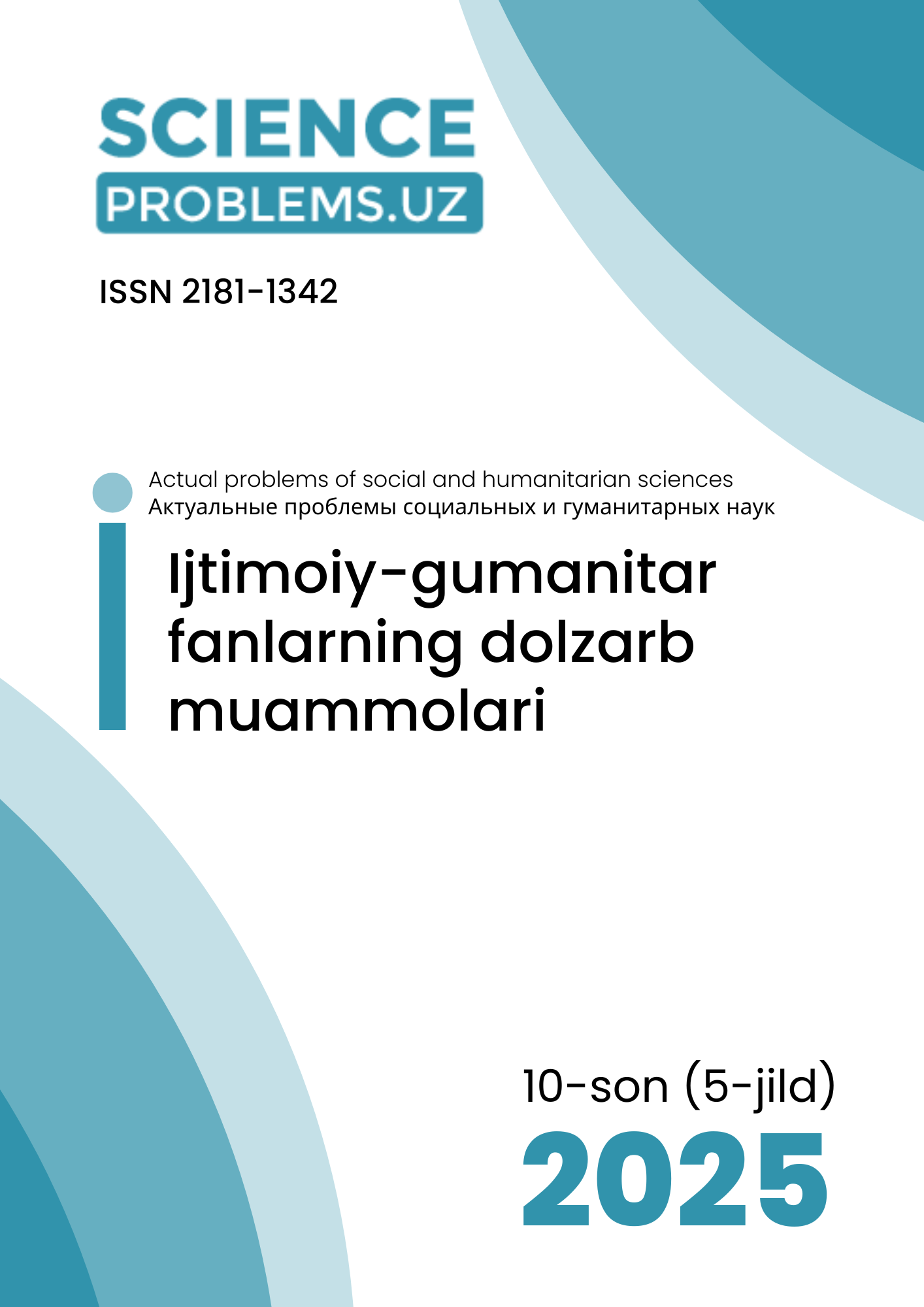PARADIGMS OF THE STUDY OF INFORMATION WARS IN THE PHILOSOPHY OF THE NEW ERA AND CONTEMPORARY MODERNITY
DOI:
https://doi.org/10.47390/SPR1342V5I10Y2025N28Keywords:
Modern Age philosophy, contemporary philosophy, information wars, paradigm, ideological struggle, geopolitical influence.Abstract
This article analyzes the theoretical paradigms of studying information wars in the philosophy of the Modern Age and contemporary philosophy. It examines philosophical interpretations of information as a source of knowledge, power, and ideological struggle. Special attention is given to the technocratic, humanistic, geopolitical, and cultural-spiritual paradigms and their impact on social life.
References
1. Baudrillard J. Simulacra and simulation. From J. Baudrillard, Selected Writings. Stanford University Press, 1988 / Бодрийяр Ж. Симулякры и симуляция. Перевод: А. Качалов. – М.: Издательский дом «Постум». 2015. С. 109.
2. Поляков Н.А. Специфика информационных войн XX-XXI вв. // Коммуникология: электронный научный журнал. 2020. №1.
3. Расторгуев С.П. Информационная война. - М.: Радио и связь, 1999. - С.55.
4. Сорокин И. Информационные войны как феномен постиндустриального (информационного) общества: основные парадигмы.
5. Nye J. Bound to Lead: The Changing Nature of American Power. - New York: Basic Books, 1990. - 307 p; Nye J. Soft power: The Means to success in world politics. - New York: Public Affairs, 2004. - 191 p.
6. Nye J. Smart power and the war on terror // Asia-Pacific Review. - 2008. - № 15 (1). - pp. 1-8.
7. Nye J. How Sharp Power Threatens Soft Power. Foreign Affairs, 2018.








